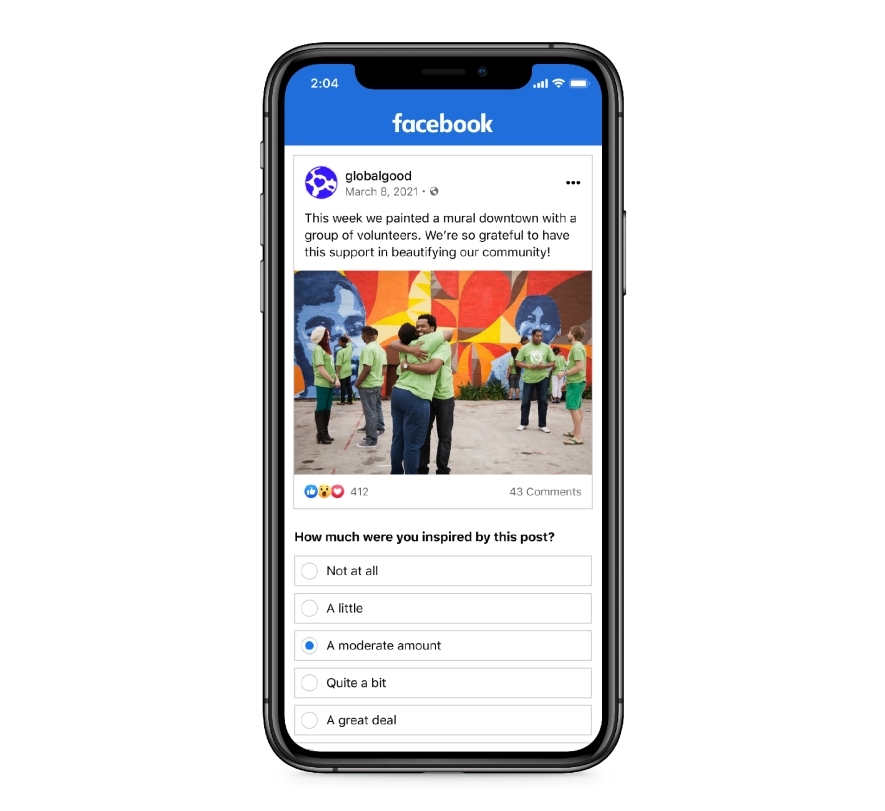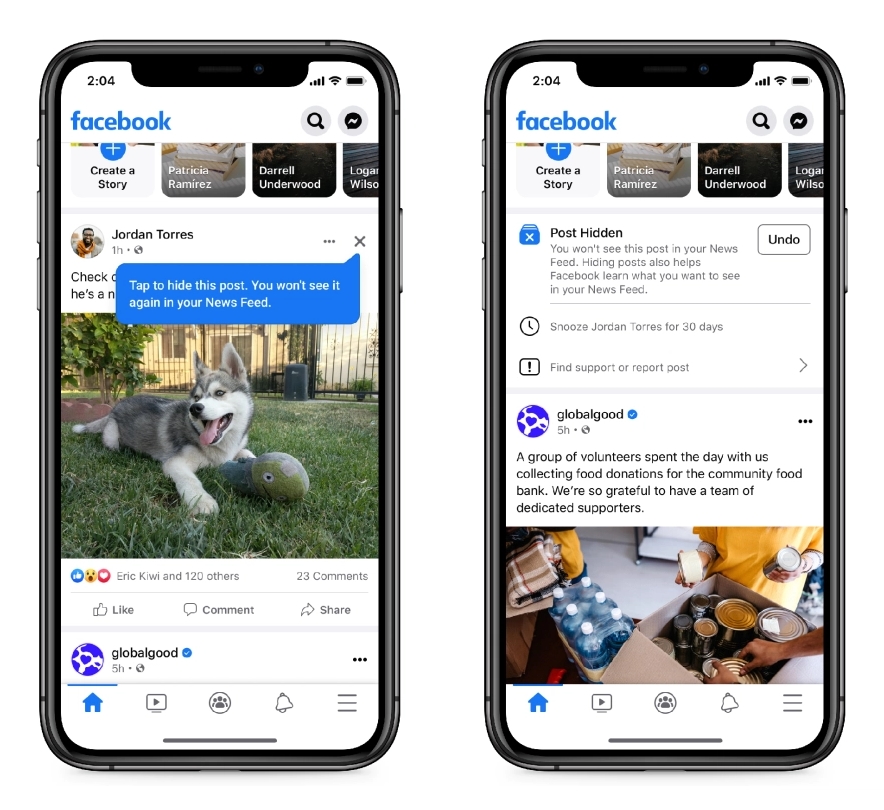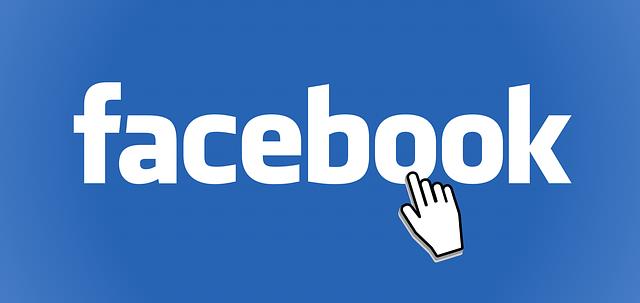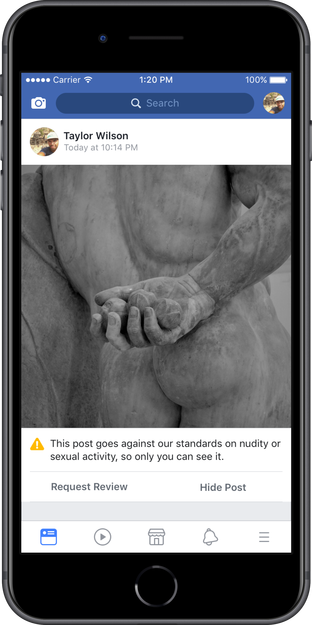For the first time ever, Facebook is revealing the most clicked and most viewed pages, posts, and more across the site in a new quarterly Widely Viewed Content Report
The lists specifically focus on the pages, domains, links, and posts that have gotten the most views in the U.S. between April 1, 2021, and June 30, 2021..
Here’s what the report tells us:
Overall Takeaways from Facebook’s Widely Viewed Content Report
Before we get into the more detailed lists, the report also gives us some surprising takeaways about content on Facebook:
- The most viewed content is not necessarily the content that gets the most engagement.
- More than half (57%) of posts that people see come from their family and friends.
- Less than 13% of content views were on posts containing links.
- Despite the perception that news sources dominate the platform, the most viewed news domains accounted for just 0.31% of all content views.
- However, approximately a quarter of the most viewed posts including links came from the most viewed news publishers.
Most Viewed Domains
Facebook’s Widely Viewed Content Report lists the top 20 domains on the platform by content views. Below, we are sharing the top 10:
- youtube.com (181.3M views)
- amazon.com (134.6M views)
- unicef.org (134.4M views)
- gofundme.com (124.8M views)
- twitter.com (116.1M views)
- media1.tenor.co (115.6M views)
- m.tiktok.com (110.7M views)
- open.spotify.com (93.0M views)
- playeralumniresources.com (89.9M views)
- abcnews.go.com (88.1M views)
Most Viewed Links
The topmost viewed links include a very surprising and often confusing mishmash of landing pages, videos, store pages, news articles, and more. Here are the top 10 most viewed links on Facebook:
- https://www.playeralumniresources.com/ (87.2M views)
- https://purehempshop.com/collections/all (72.1M views)
- https://www.unicef.org/coronavirus/unicef-responding-covid-19-india (62.7M views)
- https://myincrediblerecipes.com/ (58.9M views)
- https://reppnforchrist.com/ (51.6M views)
- http://www.yahoo.com/ (51.0M views)
- https://64.media.tumblr.com/2d32d91bcdfa6e17f18df90f1fada473/6094b00761d82f16-76/s400x600/f0383899ecb1484b10e3420a368d871d7dc68f91.gifv (49.1M views)
- https://stevefmvirginia.iheart.com/ (48.2M views)
- https://www.londonedge.com/index.html (44.3M views)
- https://subscribe.theepochtimes.com/p/?page=email-digital-referral (44.2M views)
Most Viewed Pages
The most viewed pages give a glimpse into those who are driving the most engagement and building the most connected audience:
- Unicef (153.2M views)
- Kitchen Fun With My 3 Sons (112.3M views)
- Sassy Media (109.5M views)
- The Dodo (104.5M views)
- LADbible (104.4M views)
- Woof Woof (104.1M views)
- A Woman’s Soul (98.3M views)
- 3am Thoughts (92.1M views)
- Lori Foster (89.5M views)
- World Health Organization (WHO) (88.9M views)
Top Viewed Posts
While the full report includes the top 20 posts from the platform, we aren’t going to share them here. The collection is largely made up of simple text posts with an image – some bordering on spam. The third most viewed post was even deleted or made private. If anything, this section reveals that Facebook doesn’t necessarily require the most intricately constructed content to go viral. All it takes is knowing your audience and motivating them to respond.
As you might expect from all of this, the reaction to the report has been mixed (at best).
It is certainly interesting to see exactly what pages and content are getting the most traction across Facebook, but it doesn’t exactly paint the most impressive picture.
For better or worse, however, this is what has been most widely viewed on Facebook in the U.S. this quarter.





 Facebook has long been the favorite social media platform for sharing content, but if a report from the
Facebook has long been the favorite social media platform for sharing content, but if a report from the 

